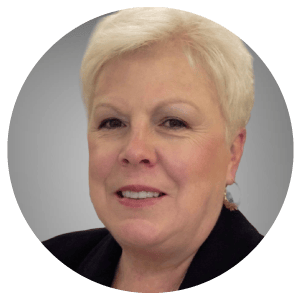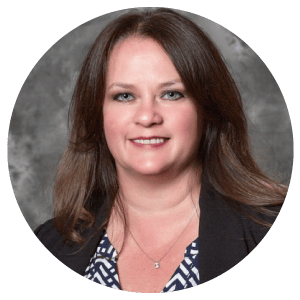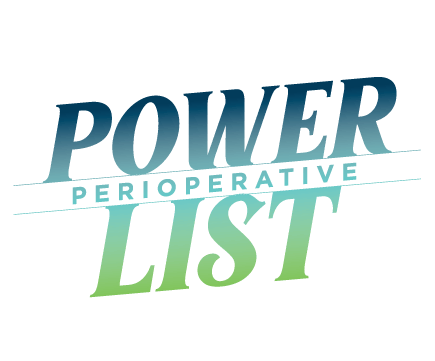Optimizing Perioperative Precision: Integrating Skills, Training, and Best Practices
By Carisa Brewster
The Art of Perioperative Precision: Unifying Skills, Training, and Processes
In the intricate dance of perioperative care, where exactitude and coordination can spell the difference between success and setback, how do leaders navigate the challenge of standardizing training, processes, and skill sets across diverse sites?
Here are some insights from some of our 2024 Perioperative Power Lister winners: Lou Bottoms, Anne Marie Herlehy, and Kat DeGeiso. They offer expert glimpses into the art and science of streamlining perioperative care at their prospective facilities.
How do you streamline training, processes, and skill sets across multiple sites?

LB: While some areas lend themselves to cross-training—because Emory University has the nation’s third highest patient cure index—we are a highly specialized facility doing complex procedures in the operating room, our interventional radiology, and our heart and vascular Center that requires specialization. So, while we can do some cross-training, our approach is multidisciplinary. Our attending [physicians], residents, and fellows all work together to support each other. We are a teaching institution with all services, so we lend ourselves to our specialty teams on weekdays and on-call. For instance, our cardiac team has two call teams, our neuro team has a call team, and our general surgery has a call team. We do that to support the care that is required for these patients.

AMH: Periop 101 is very important to us. We have a dynamic situation where we have surgical techs at the three facilities. They are part of a Union at one facility, and at the other two, they’re not. I mention the surgical techs because when we have nurses coming in, often the education that the nurses are getting is just to circulate. They don’t get an opportunity to scrub. When we brought in Periop 101, we wanted to hone in on that skill for nurses. Mt. Sinai is a level 1 trauma center, and there will be times when the staff are on call and need to do all those roles. We also have a relationship with the schools where they train on-site with us. That functions like an extended interview. We also wanted to add exposure to other procedural departments, like endoscopy, cath lab, and electrophysiology. That exposure needs to be robust so they can make a great decision for their careers, and we can retain them.

KD: I perform a gap analysis of my team’s strengths and weaknesses and then figure out where the needs are. Each site has different needs. One of the hospitals has high acuity heart patients, brains, cranial, and is more of a trauma setting. The other hospital is more your bread-and-butter elective cases like orthopedic, total knee replacements, and then our surgery center. Those are our lower acuity patients but high volume. If I notice at my surgery center that my PACU team doesn’t have a high comfort level with critical care cases—and we’re trying to elevate the acuity of care that we’re providing there—we will move those people over there for a period of time to help with training. We’re very fortunate in this community that, because of our location, we’ve got great access to nurses who have worked “just over the hill,” as we call the Bay Area and Sacramento. We have people from Las Vegas who have worked in critical access and rural hospitals because we don’t have all of these resources to fall back on. So, we’ve had to figure out how to make this happen, and this is how we do it. We’re in a great place for training and collaboration with my teams.
Lou Bottoms is the Patient Care Director for Perioperative Procedural Areas at Emory University Hospital, Atlanta, GA.
Anne Marie Herlehy serves as the Executive Director of Perioperative and Ancillary Services at Sinai Health, Chicago.
Kat DeGeiso serves as System Director of Surgical Services at Northern Nevada Health System in Reno, NV.
*******
Remember, Whitman Partners is a phone call or email away for your leadership staffing needs. For interim leadership, contact Zach Parker or Ines Radic; for permanent leadership, contact John Elffers.
Looking for a job? Click here to search our job map.













